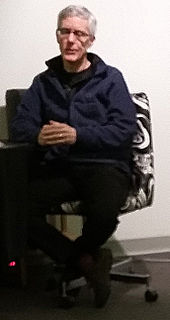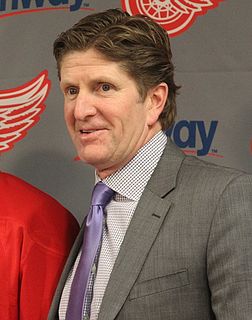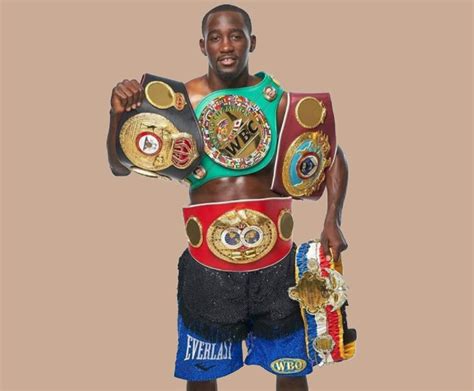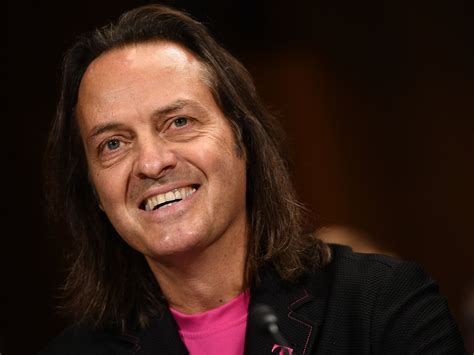A Quote by Rick Santorum
I raise money the old fashioned way, I go out and tell people what I think. And I say to them, "If you hire me, I'm a CEO, and I'll listen to you. But at the end of the day, I'm going to make the decision, something I've done throughout my whole career with, frankly, great success."
Related Quotes
I think I'd rather tell the truth and say what I believe in and make people unhappy than sort of pretend to think something else to accommodate them and try to be liked. That's just the way it goes and I don't think I'm any great champion of anything, but if they're going to put me on a show, I'm going to say what I think.
I'm not going to Russia and tell them to go to hell and think - that's not the way things are done. You chip away at something and you hope that there will be dialogue and that the situation can get better. You don't just go in there with guns blazing and say well, to hell with you because they're going to say to hell with you and get out of the country.
I tell everybody on the first day of making a movie that if anyone's here to further their career, they should leave. I'm gonna make the movie in such a way that we won't have a career when this movie comes out. Because the people who hold the moneybags are not going to want to share any of that money with us to make the next movie!
I think to some degree one of the strengths of the high tech industry is that people are actually willing to tell you things. When I went to Novell, I didn't know how to be a CEO, so I went in and I called all sorts of CEOs I knew. I called in a favor. I wanted to come by and listen to them tell me what it's like to be a CEO.
When you sit with people you love, if you say something stupid, they call you on it - because they're honest with you and they're making you better. That's what we're as couches going to have here with our players. We're going to have an honest respect for one another, to make everyone maximize the potential they have. I expect the players to listen to me, and I'm going to listen to them. We've got to make each other better, and it's the way to create safety, because the players know you've got their backs. When you tell a player what you want, he will try to please you.
Unless we are holding ourselves accountable day in, day out, not just when there's a crisis for folks who have power and influence and can hire lobbyists, but for the nurse, the teacher, the police officer, who, frankly, at the end of each month, they've got a little financial crisis going on. They're having to take out extra debt just to make their mortgage payments. We haven't been paying attention to them. And if you look at our tax policies in America, it's a classic example.
To sustain a career in show business, you have to have a certain amount of delusion, because it's such an insane way to make a living. The idea that you're going to say, "Oh, I think I deserve to be paid attention to, and people should listen to what I have to say, and everybody should look at me," that's a little bit delusional in a way.
The people at the label were great but at the end of the day our visions didn't match up and I knew I had to do it my way. The potential success that could come with signing with a major label didn't quite outweigh how important it was for me to make my music the way I knew it needed to be made. It was a hard decision to make, but I've never regretted it for a second and it's only become more clear to me after making and releasing Stairwells that it was the right one.
There's an obligation to let people know where their money is going, so the tour has an educational aspect, mostly as a way to thank people. But the most practical use is to raise money and do the research to figure out the proper ways to spend it. You want to make sure that the money doesn't just go somewhere where it does more harm than good.
Me, I say those are all great things to live for, if they're what happens to float your boat, but at the end of the day, there's got to be somebody you're doing it for. Just one person you're thinking of everytime you make a decision, everytime you tell the truth, or tell a lie, or anything. I've got mine. Do you?
I visit T-Mobile call centers. We've got about 18 major call centers in the US, and before I was CEO, I heard that no CEO had gone to physically visit them. I go in, they meet me outside, we take selfies as I stand like a piece of furniture, I tell them about how things are going - but most importantly, I say thank you and help them see that their behavior and their work has driven the culture of the company that's changed the industry and the whole world. It's a bit of a love affair.


































